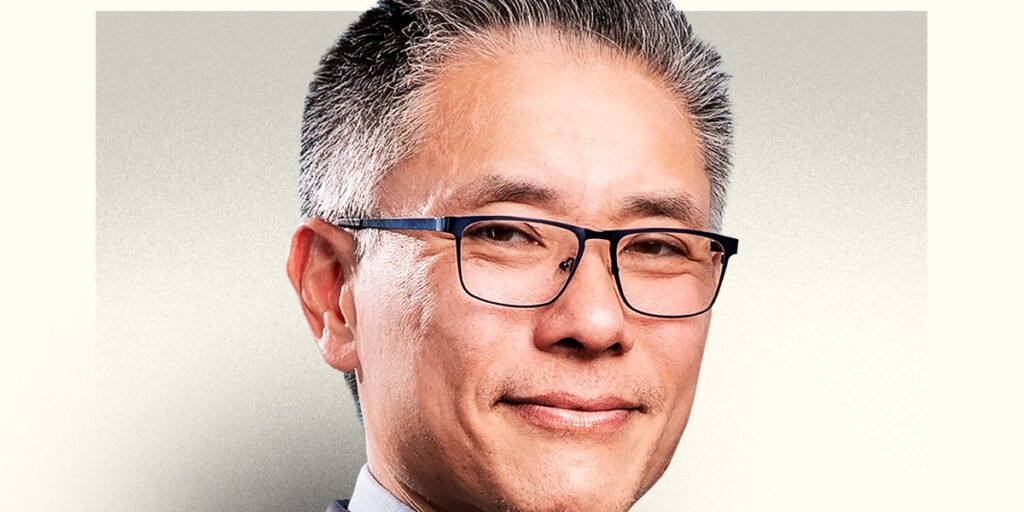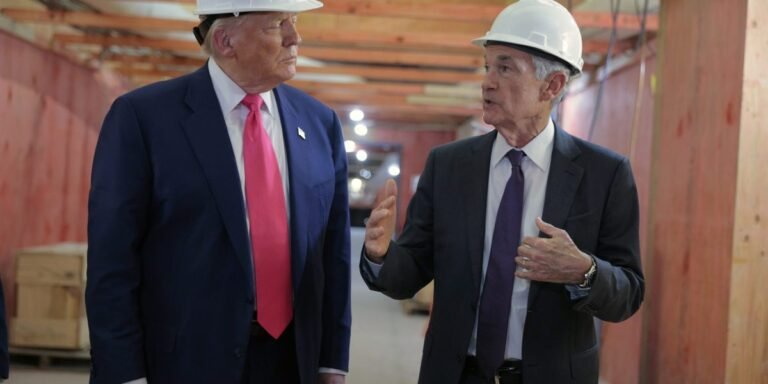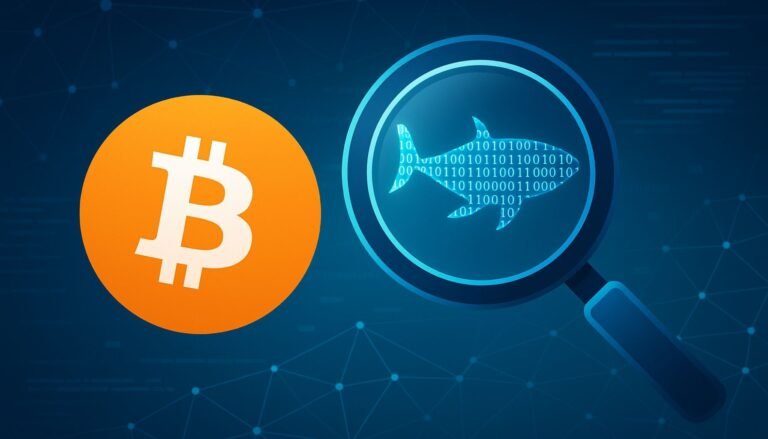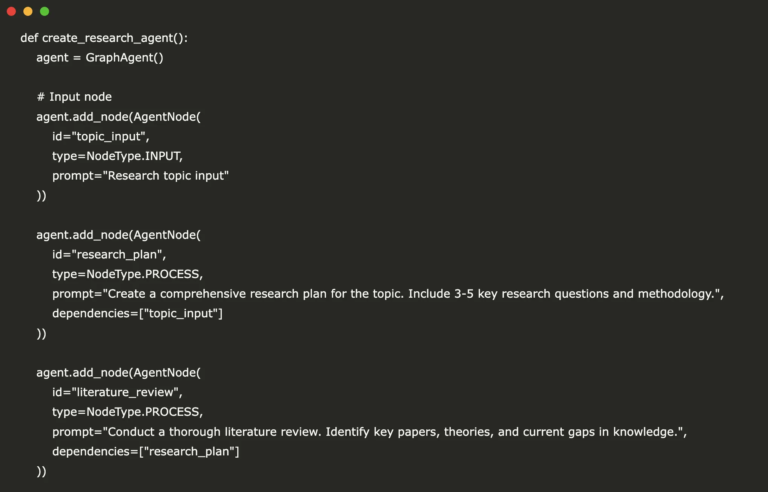

It’s rare to be offered a big promotion and turn it down, but it’s even rarer to warn superiors you don’t feel prepared for the role and be appointed anyway.
Yet that’s precisely what happened to Reinsurance Group of America boss, Tony Cheng, in his early years with the business. Cheng has worked his way up the ranks of RGA over the past three decades, helping grow the company to its current position of $3.9 trillion of reinsurance covering active policyholders.
In 2025, RGA announced a landmark $1.5 billion deal with Equitable to reinsure $32 billion worth of life insurance policies, securing its place as an industry leader and expected to boost earnings for quarters come.
Sitting down for an exclusive interview with Fortune this summer, Cheng reflected on that all-important promotion to CEO, and the value of staying humble even in the C-suite.
The following has been condensed and edited for clarity.
Tony, in an era where job-hopping is often seen as the fast track to career growth, you’ve chosen a different tactic—working up through RGA since 1997. Where did your work ethic come from, and what’s inspired your long-standing commitment to the company?
I was born in Hong Kong, and my parents—both teachers—felt for the future of their four kids (of which I was the youngest) Australia would provide the Western education they wanted. So I grew up in Australia from nine months to the age of 20 and didn’t travel overseas much.
My parents worked incredibly hard. Mom looked after the four kids and Dad unfortunately had to give up his love for teaching because it just wouldn’t pay the bills. Eventually they opened up small businesses and then we, the four kids, on the weekend would go work there—12 hour days—and didn’t think otherwise. That really bred in the sacrifice of the parents, the hard work, all things I’d wish to pass onto my kids.
Growing up as many of us in a Western country but very Asian family do, I think I went to Asia once in my life, so [I took] an opportunity to join RGA in 1997 in Malaysia.
Between 1999 and 2002 you returned to the States to earn an MBA while working for RGA, before leaving to head up the Hong Kong office. When you arrived, you had a team of 10. The Asia Pacific region now has more than 1,000 employees and revenues of $4 billion. Are there untapped career opportunities in emerging markets as opposed to progressing in established regions?
We had a very small operation, but we were actually covering about 500 million people. It was Hong Kong and Southeast Asia so Malaysia, Thailand, all those countries. I went there as the actuary, and a year and a half later they promoted me to be the CEO of that business. It was daunting, right?
The first time I was asked to take it by my boss, I sort of said, ‘No, I’m too young.’ At the time I was 29. He ignored that.
The equation in my mind was I’ve probably got a 10% chance of success—and that would be great—or a 90% chance of failure, but hey, I’m gonna learn a hell of a lot. I had no mortgage, no kids, so just wanted to learn. Maybe that instinct, that desire and drive to keep learning was from my parents being teachers.
In its latest financial results RGA reported revenues of $22.1 billion. How has the start-up mentality you learned in Asia helped grow the business globally?
We built that business up with incredible hard work. I’d joke internally that once every month or so pest control would come in, and that meant we could go home at 5 o’clock because what else were we going to do with ourselves? That was the spirit. In the early days, you solve problems. I’d say to the team: ‘Let’s just try. We know it’s really hard, but let’s just try.’
In the U.S., people usually don’t create new products or create new things because the market’s so big, a lot of it’s already played out and it’s been created. Any good idea has been thought of, and that’s truly okay.
It’s actually more connecting the dots in the U.S., but with a drive to not just settle on: ‘Hey, here’s the market, we want a share of it’ it’s a drive to create new things or a new combination of things so that we [can] increase the pie and share in that greater value creation. That’s always been in the company spirit, it was just really about bringing that out again to the forefront.
Like a lot of other Fortune 500 CEOs we speak to, you clearly have a love for learning. In a world where AI is expected to disrupt the labor market, what are the skills you’re looking for in new talent?
I can only think of what I advise my son, who’s in his second year of college. As the younger generation already knows, AI is gonna accelerate, and therefore number one they’ve absolutely got to be able to use it and partner with it.
Ultimately AI, one would think, is gonna replace whatever is mathematically easier to replace. Had a conversation at one of the town halls with some risk professionals in the U.S. last week and I said all those soft skills really matter, you’ve still got to learn the hard skills, you’ve got to understand your subject matter expertise regardless of technology, but increasingly all those abilities to interact, to communicate, to join the dots, to be able to understand information, communicate it, and just put those dots together is the stuff that’s gonna be obviously harder for AI to replicate.
Maybe it will one day, but then you’ve just got to keep elevating yourself. So, what is that a lesson of? It is a lesson of continually adapting, continually learning, a bit like a sports person. When they’ve lost their passion to play and fight, it’s time to retire.
For me, when I’ve lost that passion to learn and grow, you’re probably not gonna give it your full go, hence maybe the learning really just keeps me going. It’s not like I ever said, ‘Hey, I want to be the CEO of the company.’ I was so far away, I just wanted to be treated right and enjoy the journey and the growth,
So the lesson to individuals is you’ve just got to keep learning, you’ve got to be humble. If you’re not humble, you’re not gonna listen to yourself or your failings, you’re gonna blame them on something else as opposed to, ‘Well, what was my role in that?’ so I can learn.




